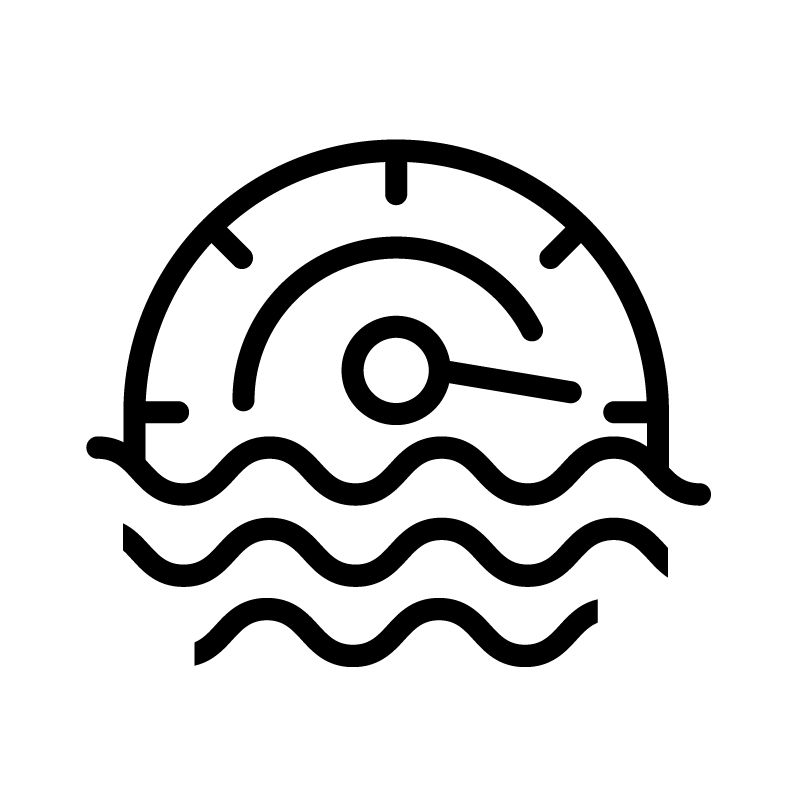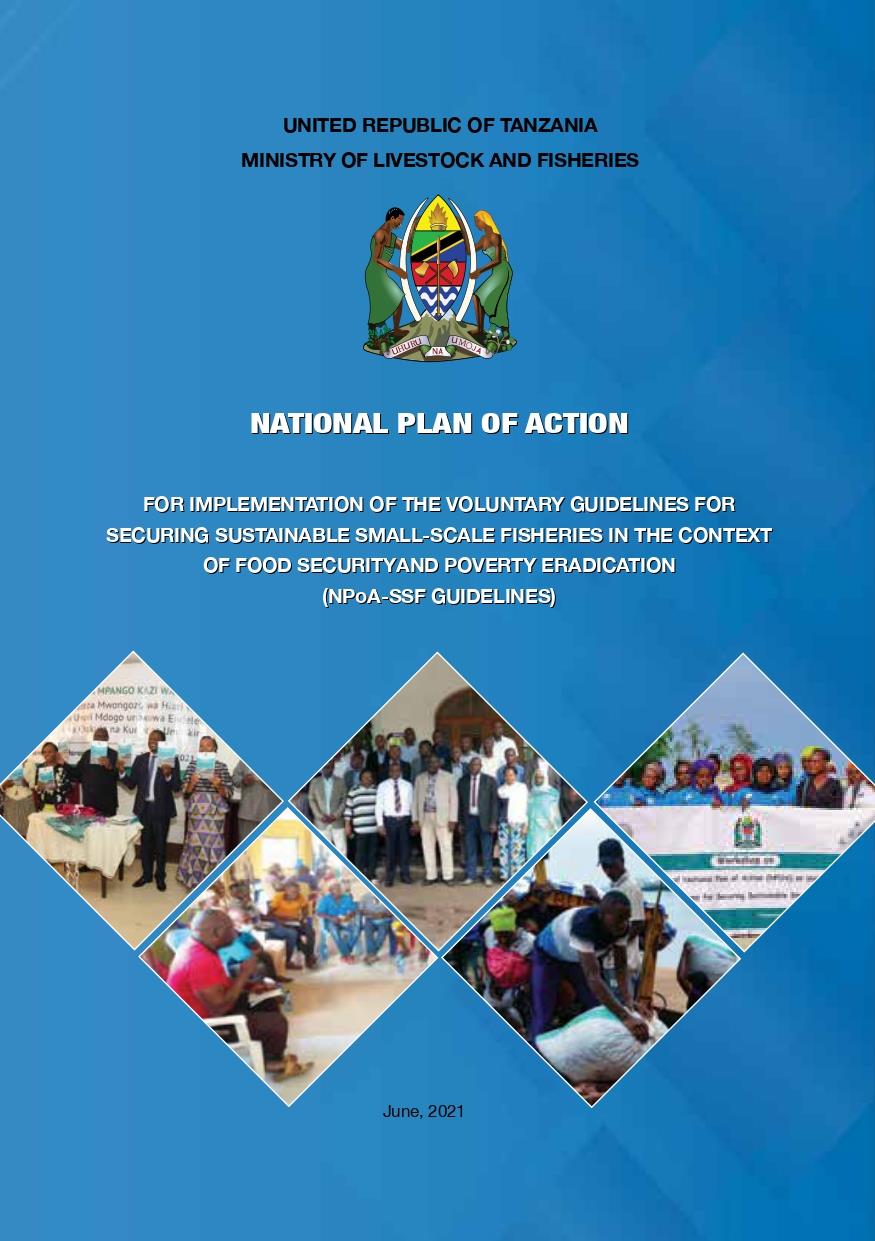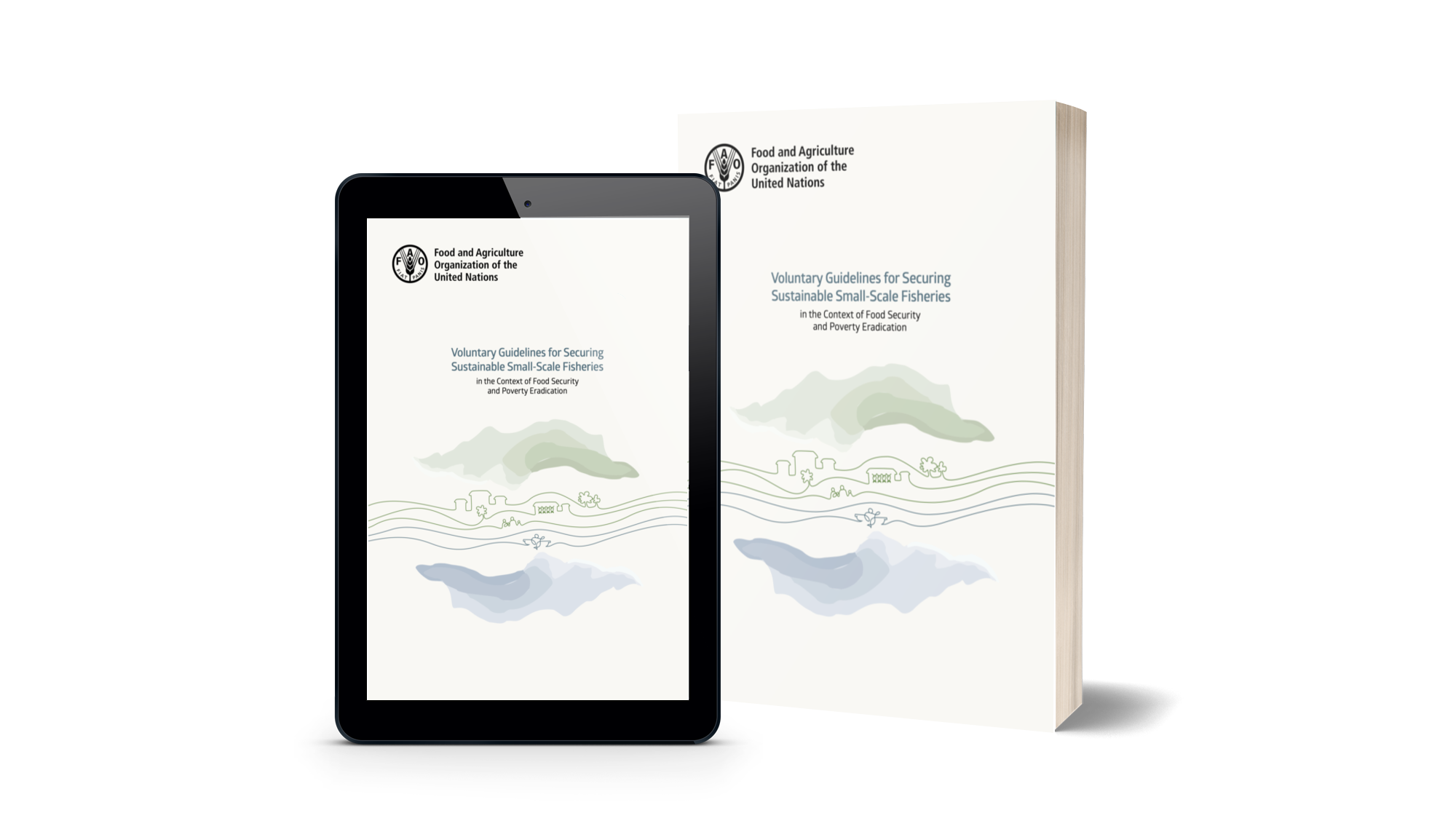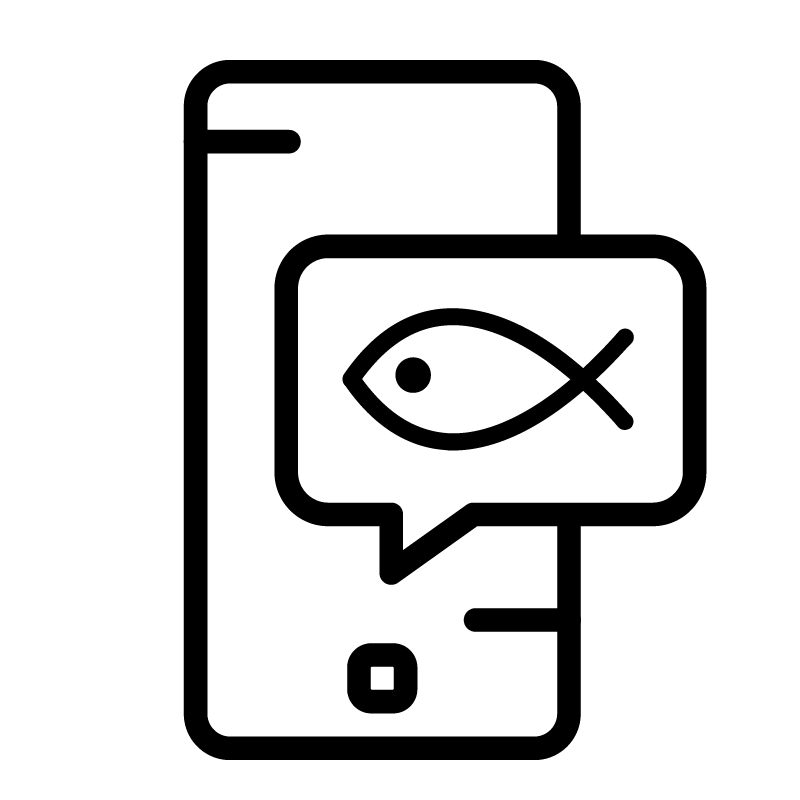This project contributes to the Sustainable Development Goals (SDGs) and FAO’s mandate of achieving a world free from hunger and malnutrition by promoting sustainable small-scale fisheries, guided by the Voluntary Guidelines for Securing Sustainable Small-scale Fisheries in the Context of Food Security and Poverty Eradication (the SSF Guidelines).
It focuses on strengthening the resilience of livelihoods and supporting small-scale fishing communities in their role as stewards of natural resources. Grounded in the human-rights based approach of the SSF Guidelines, the project emphasizes biodiversity conservation, climate change adaptation and co-management, but also aims at improving market access and gender equality.
The project is part of the FAO Global Partnerships Blue Transformation Umbrella Programme, which operationalizes FAO’s vision for aquatic food systems. The Blue Transformation vision fully embraces the SSF Guidelines and shares its guiding principles.
Transformed aquatic food systems sustainably provide enough food for a growing population, ensure the availability and accessibility of safe and nutritious foods, improve the livelihoods of vulnerable communities and support enhanced resilience of societies and ecosystems.
All parties should recognize that responsible governance of tenure of land, fisheries and forests applicable in small-scale fisheries is central for the realization of human rights, food security, poverty eradication, sustainable livelihoods, social stability, housing security, economic growth and rural and social development.
§5.2 SSF Guidelines
The three-year project is global in scope, with activities taking place in Ghana, Madagascar, the Philippines, the United Republic of Tanzania, Uganda, and Colombia.
The project outcome is to establish effective participatory governance of the small-scale fisheries sector, which contributes to healthy fish stocks, biodiversity conservation, and secures climate-resilient and equitable livelihoods.
Expected Outputs

Strengthened national and regional policies, governance structures, processes, and institutions for sustainable fisheries, including cross-sectoral collaboration on biodiversity and climate change.

Increased capacity of small-scale fishers and fish workers, particularly women and youth, to participate in decision-making on fisheries, biodiversity, and climate issues, and to manage and access resources for sustainable fisheries and resilient livelihoods, while generating lessons learned on diversification and value chain improvements.

Increased capacity of countries and regions to develop and/or implement effective participatory ecosystem approaches to fisheries (EAF).

Experience sharing and monitoring for collective learning and effective project management.
Related SDGs





Funded by

Related publications
Related news

Colombia starts the development of the National Plan of Action for Small-Scale Fisheries (NPOA-SSF)
28/11/2025
Written by: Kelly Rojas Correa, FAO consultant
With the participation of women and men leaders from the fisheries sector, institutions, Non-Governmental Organizations and partners of the Interinstitutional Group for Social Protection for Fisheries and Aqua...

Lessons from the river: Carrying forward the teachings of my ancestors
29/10/2025
Written by Tanikwah Lang
My fingers sting from the cold as I hold them over the fire, the warmth rushing back too quickly as the sun begins to wash away the morning dawn. Down the bank, I can hear my sisters laughing as they talk about how the last fish got away with the b...

Reeling in a better future for Tanzania’s women fish workers
16/10/2025
When Hadija Malibiche first started buying and selling fish in the coastal region of Mtwara, she worked alone and struggled to make a steady income. Like many women in small-scale fisheries, she had no access to credit, little bargaining power in the market, and few opportunities to grow her business. That changed after she joined a group of fishers that belongs to the Tanzania Women Fish-workers Association (TAWFA).

Tanzania hosts consultative workshop on mainstreaming biodiversity in fisheries management
13/10/2025
The Ministry of Livestock and Fisheries (MLF), in collaboration with the Food and Agriculture Organization of the United Nations (FAO), has convened a three-day consultative workshop in Dar es Salaam aimed at mainstreaming biodiversity into fisheries management in the context of the Kunming–Mo...

Bay of Bengal Countries develop roadmaps for small-scale fisheries: Regional workshop translated the SSF Guidelines into action
22/09/2025














